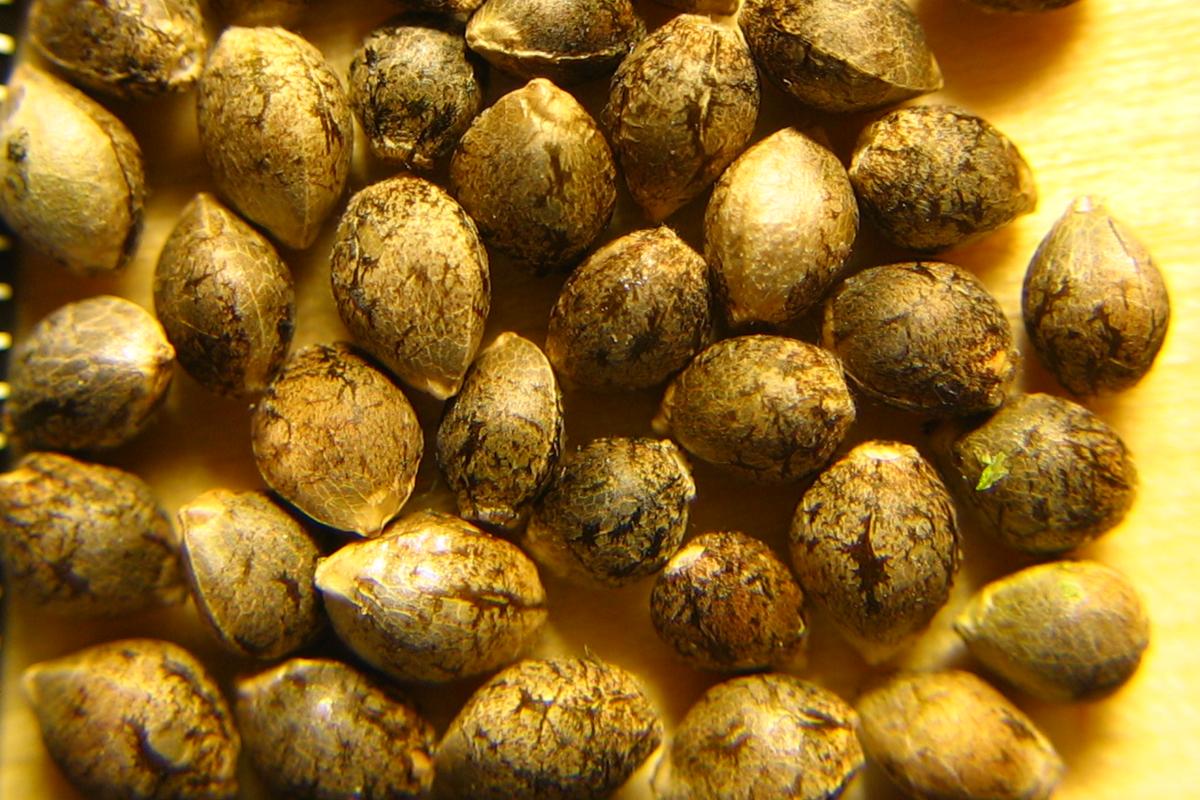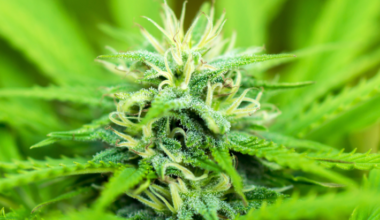It was Mia’s first time trying a cannabis vape pen, and she was buzzing with excitement. She had heard so much about the rich, fruity flavors and relaxing effects that terpenes could deliver. But as she took her first puff, something felt…off. The flavor was flat, almost artificial, like a cheap candy trying to pass as the real thing. “This doesn’t taste right,” she thought, disappointed. Later, she learned the product contained synthetic terpenes, not cannabis-derived terpenes. That’s when she realized the importance of understanding the difference between the two.
If you’ve ever wondered why some cannabis products don’t live up to their hype, the culprit might just be synthetic terpenes. Let’s dive into what sets cannabis-derived terpenes apart from their synthetic counterparts and why it matters.
What Are Cannabis-Derived Terpenes?
Cannabis-derived terpenes are the natural aromatic compounds extracted directly from cannabis plants. These terpenes are what give cannabis its signature flavors and aromas, from the earthy richness of pine to the zesty kick of citrus. More than just smell-good molecules, they also play a crucial role in enhancing the overall cannabis experience, thanks to their interaction with cannabinoids like THC and CBD.
When you consume products made with cannabis-derived terpenes, you’re getting the plant’s authentic profile in its purest form. It’s like tasting a homegrown tomato straight off the vine—fresh, vibrant, and full of character.
Explore authentic cannabis-derived terpenes for a true-to-plant experience.
What Are Synthetic Terpenes?
Synthetic terpenes, on the other hand, are lab-made imitations of the terpenes found in nature. While they might mimic the aroma or flavor of natural terpenes, they lack the depth and complexity of cannabis-derived terpenes. Synthetic terpenes are often produced from non-cannabis sources, such as fruits or even petrochemicals, to replicate a specific scent or taste.
It’s like buying a “strawberry-flavored” candy—sure, it smells like strawberry, but when was the last time you found a candy that tasted like a real, juicy berry? Synthetic terpenes might get close to the scent, but they can’t replicate the full-spectrum richness of natural cannabis terpenes.
Key Differences Between Cannabis-Derived and Synthetic Terpenes
Let’s break it down:
- Source
- Cannabis-Derived Terpenes: Extracted directly from cannabis plants.
- Synthetic Terpenes: Created in a lab using non-cannabis materials.
- Authenticity
- Cannabis-Derived Terpenes: Provide an authentic, full-spectrum experience true to the cannabis plant.
- Synthetic Terpenes: Mimic certain aromas or flavors but lack the natural complexity.
- Synergy with Cannabinoids
- Cannabis-Derived Terpenes: Contribute to the entourage effect, enhancing the therapeutic benefits of cannabinoids.
- Synthetic Terpenes: Do not interact with cannabinoids in the same way, which can result in a less impactful experience.
- Health Implications
- Cannabis-Derived Terpenes: Naturally derived and generally well-tolerated when extracted properly.
- Synthetic Terpenes: May include additives or chemicals that could cause irritation or health concerns for some users.
Why Choose Cannabis-Derived Terpenes?
For cannabis enthusiasts, choosing cannabis-derived terpenes is like opting for a gourmet meal over fast food. They deliver an authentic experience that captures the true essence of the plant. Beyond flavor and aroma, these terpenes play a vital role in enhancing the therapeutic potential of cannabis.
Research suggests that terpenes like limonene and linalool have properties that may reduce stress and improve mood (Leafly). When combined with cannabinoids, they can amplify these effects, creating a harmonious experience that synthetic terpenes simply can’t replicate.
The Risks of Synthetic Terpenes
While synthetic terpenes might appeal to some because of their lower cost, they come with potential downsides. Poorly made synthetic terpenes can include chemical additives that may irritate the throat, lungs, or skin. They also lack the intricate balance of natural terpenes, which means the overall experience can feel flat or artificial—like Mia’s disappointing vape pen.
If you’re serious about quality, products with cannabis-derived terpenes are the clear choice.
How to Spot the Difference
If you want to avoid synthetic terpenes, here are some tips:
- Read the Labels: Look for terms like “cannabis-derived terpenes” or “extracted from cannabis.” Avoid vague descriptions like “natural flavor.”
- Check for Lab Reports: Reputable brands provide lab testing to verify the purity and origin of their terpenes.
- Trust Your Senses: Authentic terpenes have a richer, more complex aroma, while synthetic terpenes often smell overly sharp or one-dimensional.
Conclusion
When it comes to terpenes, the choice between cannabis-derived and synthetic can make or break your cannabis experience. While synthetic terpenes might offer convenience, they fall short in delivering the rich, authentic, and synergistic effects of cannabis-derived terpenes.
So, whether you’re savoring a citrusy vape or enjoying an earthy concentrate, you deserve the real deal. After all, why settle for imitation when you can have the essence of the plant itself?
What’s your next move—will you settle for synthetic, or will you embrace the authenticity of cannabis-derived terpenes?
Medical Disclaimer:
The information provided in these blog posts is intended for general informational and educational purposes only. It is not a substitute for professional medical advice, diagnosis, or treatment. Always seek the advice of your physician or other qualified healthcare provider with any questions you may have regarding a medical condition. The use of any information provided in these blog posts is solely at your own risk. The authors and the website do not recommend or endorse any specific products, treatments, or procedures mentioned. Reliance on any information in these blog posts is solely at your own discretion.






